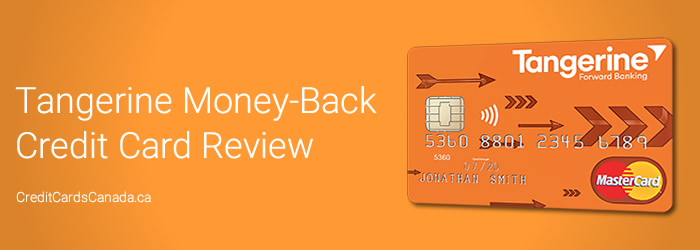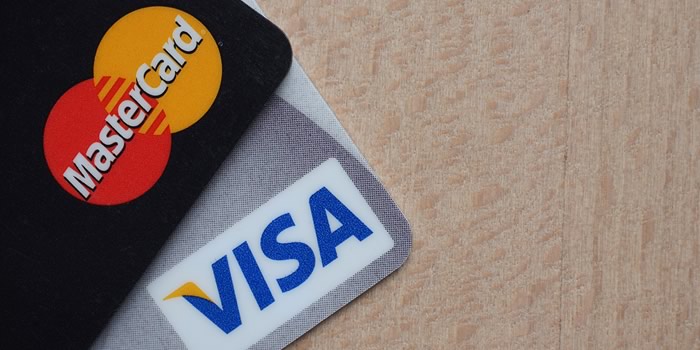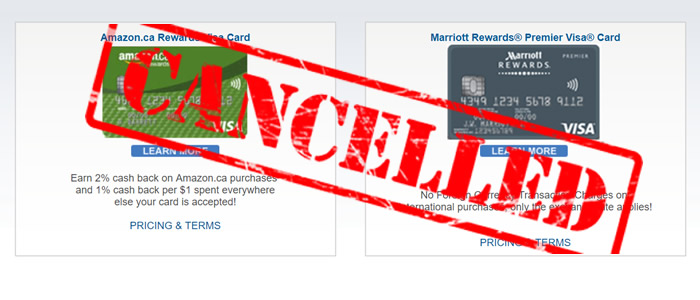
Prepaid cards have exploded in popularity in recent years as a substitute for cash. In 2011, the market was worth $850 million; in 2012, the market grew to an astonishing $3.3 billion. These convenient cards have taken off as an alternative to traditional credit cards – they’re perfect as a gift for travelling abroad or for your son or daughter going away to university. Unlike traditional credit cards, there’s no credit check required, and there aren’t any interest charges; they come pre-loaded with funds to make purchases and withdraw cash from ATMs.
While prepaid cards provide a quick and easy way to purchase goods and services, they’ve come under fire recently for the myriad of hidden charges and fees cardholders face. To address the growing number of consumer complaints, new federal regulations came into effect on May 1, 2014, dealing with the fees and charges that dwindle down the card’s balance.
Similar to gift cards, it’s no longer the Wild West when it comes to prepaid cards – financial institutions can no longer slap expiry dates on cards at will. Financial institutions must do a better job of spelling out fees to consumers in a clear and concise manner.
Who Falls Under the New Rules?
The new rules come into force for all federally regulated institutions, including banks. The Financial Consumer Agency of Canada (FCAC) will be responsible for policing the new rules. The new rules apply to all prepaid cards in the marketplace, regardless of when they were bought. For example, if you purchased a non-promotional prepaid card in February 2014 with an expiry date of July 2014, under the new rules the expiry date no longer applies.
Here’s a glance at the new, stricter regulations on the fees associated with prepaid cards:
Expiry Dates:
The new rules put the kibosh on prepaid cards with expiry dates. This was a major complaint by consumers, as banks could zero or reduce your balance if you didn’t use it within a specified timeframe. Under the new rules, prepaid cards will no longer come with an expiry date. The only exception to the rule is promotional cards, which can still come with expiry dates, although the date must be clearly spelled out for the benefit of consumers.
Fees:
Before the new rules came into effect, financial institutions could charge cardholders maintenance fees or dormancy fees for inactivity. Under the new rules, maintenance fees cannot be charged against you within the first year of activity. The only exception is a promotional product or a reloadable card or product, but you must give “express consent” to be charged the fee.
Financial institutions are no longer allowed to charge you overdraft fees or interest charges. The only exception is if you provide “express consent.” You should read the fine print before signing anything, as you don’t want to agree to start paying fees on your card without knowing it.
Fee Changes:
Financial institutions are no longer allowed to increase fees or introduce new fees unless they have your contact information on file. Your contact information – name, mailing or email addresses – is to be collected at the time of purchase. You must also be able to update your personal information if you change mailing or email addresses.
For fee increases or to introduce new fees, you must receive written notice within 30 days on existing prepaid cards for the fees to come into force. A notice must also be posted on the institution’s website at least 60 days in advance.
Information Box:
The government has borrowed a page from traditional credit card legislation when it comes to proper disclosure. Similar to when you apply for a traditional credit card; prepaid cards must now come with an information box that clearly spells out a list of fees associated with the card. These fees can’t be hidden in the fine print; they must be displayed in a prominent location on the card’s packaging.
For further information on the new rules, please visit Prepaid cards: Your rights and responsibilities
Although consumers are better protected under the new rules, it’s still important to read the fine print when purchasing a prepaid card. If you find any prepaid cards not complying with the new rules, you can contact the FCAC to submit an inquiry or file a complaint.




